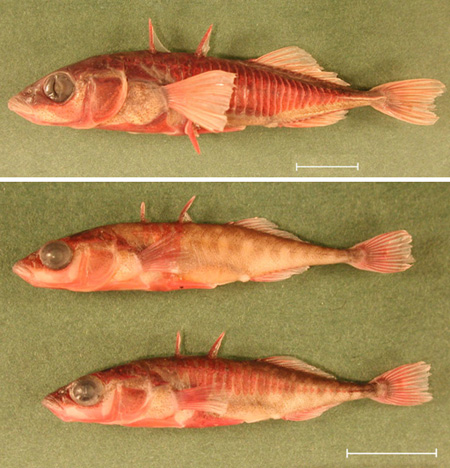[
Replying to Data in post #66]
I don't know where in the Bible the subject of "non-physical" is mentioned. If you think that it does, then point it out.
The Hebrew word bara and the Greek word ktizo mean create, which means to bring into existence. So, until 1917 when the Finnish inventor Eric Tigerstedt successfully filed a patent for the mobile phone, they didn't exist. Likewise, according to the Bible, until the universe was created by Jehovah God, it didn't exist.
Until vowels were added, the word "Jehovah" did not exist either.
What do these facts mean?
Created things (functional forms) are made from physical material.
This is to say that if a Creator-God made the universe, it did so using available material.
It also means that the physical substance used, had to have derived from the Creator-God itself.
Okay, then, you are arguing that? So? I care about the Bible. I don't care about "logic," "science," or "physical" until you propose that they contradict one another.
I don't know if the Bible contradicts that everything (including the supposed "non-physical" many religious folk believe exist) is made of something.
The way I understand it, "science" is a process of elimination.
In that, if the claim was "The Creator-God is non-physical" then the presumption leads one to a point where the idea that a non-physical Creator-God can influence the Almighty Universe to the point of its current overall form (trillions of Galaxies as far as the eye can see) becomes an absurd concept. Adding to that "just because we do not understand how a non-physical being is able to shape and influence physical stuff, doesn't mean it isn't possible" doesn't help the claim for the supposed non-physical Creator-God actually existing. More to the point, it is simply a "gotcha" which supernaturalism uses against materialism, because physical science "can't touch that."
So the ensuring arguments from both positions become an unresolvable standoff. A stalemate.
Pointless, in other words.
Either literally or interpretationally? I just don't care what nothing is or what we think it is or if it ever existed or how it never existed.
If one is going to argue the Bible-God is a non-physical Creator-God, one would be best to "care".
Elimination.
IF
God created the universe out of nothing.
THEN
Something (referred to as "nothing") exists outside of God.
Further to that, this apparent "nothing" is actually physical and can be shaped into functional forms.
If we then argue that the God created the "nothing" which is really "something" and used it to shape forms (other "somethings") from, then we are being silly with our concepts and subsequent labels.
This would mean that any creator mind has to be a physical thing, able to interacted with the physical things it creates.
Okay. So?
So, it is best to refrain from claiming that "supernatural" actually exists (as anything other than a poorly defined concept) and that the Creator-God is non-physical (supernatural) and develop better concepts which explain/define how a Creator-God can shape matter into functional form.
____________
Creator-God: Why do humans have intuition?
Me: Good question. Perhaps it is evidence of "tapping into" the unknown depths of mind?
Creator-God: You wrote;
“I think that superposition and quantum entanglement are part of the "something" and that they are thought of as strange, has to do with observations of the behavior of things not regarded as strange - whereas - the idea of "everything that exists coming from something which doesn't exist" does fit into "logical absurdity" in that we do not observe anything coming from nothing, nor can we observe 'nothing' in any fundamental manner.
Therefore, I do not see how we should treat these things in a similar fashion.
Even if we accepted that the existence of this universe is a "logical absurdity" - I still don't think we can treat the idea of nothing bringing it into existence as logical or sensible.”
Me: I still agree with what I wrote.
Creator-God: Develop better concepts which explain/define how a Creator-God can shape matter into functional form.
Hacking through the subconscious
Become more expansive.
If the universe did still exist without consciousness, it may as well not. For who would point at it and say "There it is!"
?



















